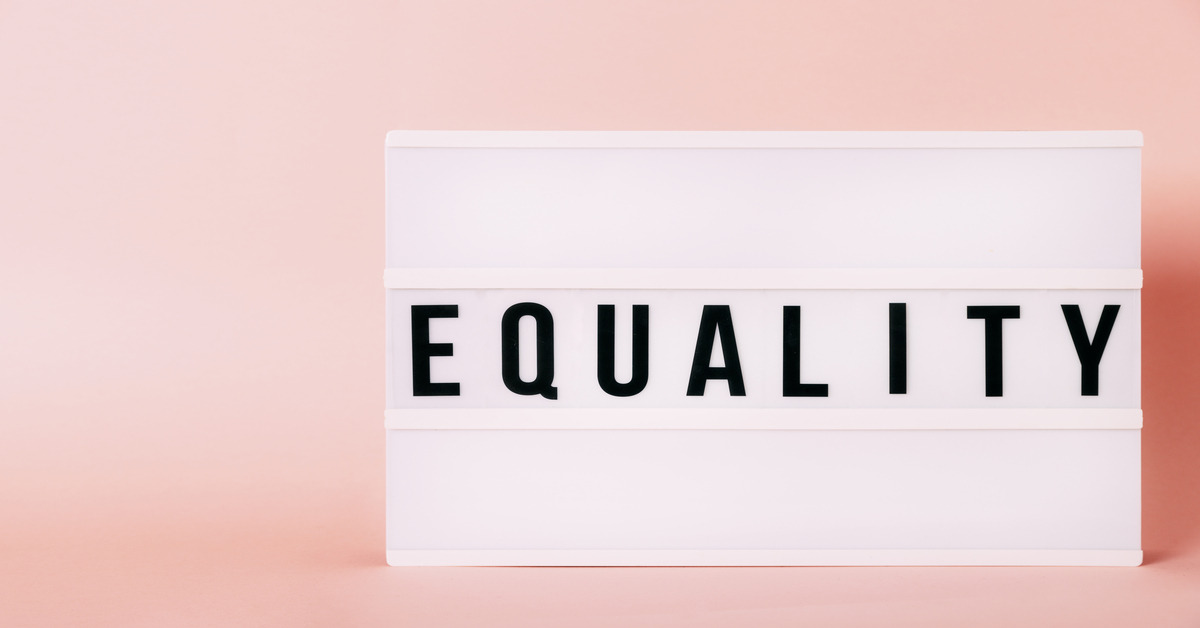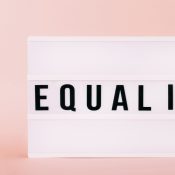
Advancing Equality: Why Does Women’s Advocacy Matter Today?
The role of women advocacy is critical in a world that has been in a constant flux. Advocacy is central in the case of enlarging the systemic inequalities that women experience and their being heard in every corner of society. In this day and age, it is important to understand the importance of women advocacy and how it affects the realization of gender equality. This blog gives insight into the issue of the role of women advocacy in the contemporary world and the necessity of collective action and support.
1. Addressing Systemic Inequalities
Women advocacy is interested in dealing with systemic inequalities that have been experienced over centuries. Reproductive rights, gender pay gap, and access to healthcare are among many issues that disproportionately impact women and have to be advocated specifically. The advocates strive to eliminate the barriers hindering the progress of women by creating awareness and pressuring the government to implement changes in the policies.
a. The Gender Pay Gap
Women still earn lower than their male counterparts, regardless of the progress in education and working together. The advocacy activities seek to focus on this imbalance and set forth policies which will guarantee equal pay and equal work. Women-focused organizations relentlessly lobby in order to formulate laws that will tackle wage discrimination and pay transparency.
b. Reproductive Rights
The advocacy of women is very vital in the protection of reproduction rights such as access to contraception and safe abortion services. After the recent problems related to reproductive health legislations, activists are taking action to guarantee the independence of women regarding their bodies and guarantee them access to the required medical services.
2. Empowering Women and Girls
Women advocacy is not merely concerned with issues of the system; it is also to empower women and girls to achieve their potential. Advocacy organizations provide opportunities that help women to build their skills and confidence through mentorship programs, educational initiatives and leadership training.
a. Mentorship Programs
Mentorship is an important move toward empowering the future generation of women leaders. Advocacy organizations usually provide mentorship programs that match young girls with prosperous women in all types of disciplines. Such relations offer support, guidance, and inspiration to girls to overcome the difficulties and follow their dreams.
b. Educational Initiatives
Educational advocacy activities are critical in empowering women and girls. STEM education, financial literacy, and leadership skill-promoting programs will provide women with the means to succeed in a fast-evolving world. Investing into education is a way out of inequality and a way towards a more equal future.
3. Fostering Community and Solidarity
The advocacy of women brings about a community of people who have a sense of unity to establish equality among genders. Advocacy organizations serve as a platform of collaboration where women could unite, exchange their experiences, and help each other in their struggle.
a. Creating Safe Spaces
Women are sometimes able to share their stories and experiences without being judged by advocacy groups that usually provide safe spaces. These places support healing, knowledge, and empowerment and help women to create a connection and support network.
b. Collective Action
A union is an effective change agent. Women activism helps to mobilize people to work together in achieving shared objectives, be it through grassroots movements, demonstrations, or on awareness building. Through undivided voices, advocates become more vocal and spur positive change on society.
4. Influencing Policy and Legislation
The advocacy by women is necessary to shape the policy and legislation governing the rights and well-being of women. The advocates also get involved in working with the policymakers, attending open hearings, and mobilizing the society to request changes that would support gender equality.
a. Advocacy Campaigns
Successful advocacy campaigns sensitize people on critical issues and get people on their side. By means of strategic communication, grass-level organizing, and coalition-building, the advocates can make lawmakers to put women rights at the top of their agenda.
b. Engaging in Political Processes
The advocacy of women motivates people to participate in the political process, be it through voting, seeking offices or lobbying the political process to instigate changes in the policies. This is one way through which we can make women be heard in decision making processes by increasing women’s representation in political leadership.
Conclusion
Women advocacy in modern society cannot be undermined. With the persistent issues that surround gender equality, advocacy has become very instrumental in combating systemic inequalities, empowering women and girls, community building, and policy impact. We can also collaborate to achieve a better society where the rights of women are honored, respected, and valued. Through advocacy, we will be a part of a better future of all women making sure their voices are heard and their rights upheld.




